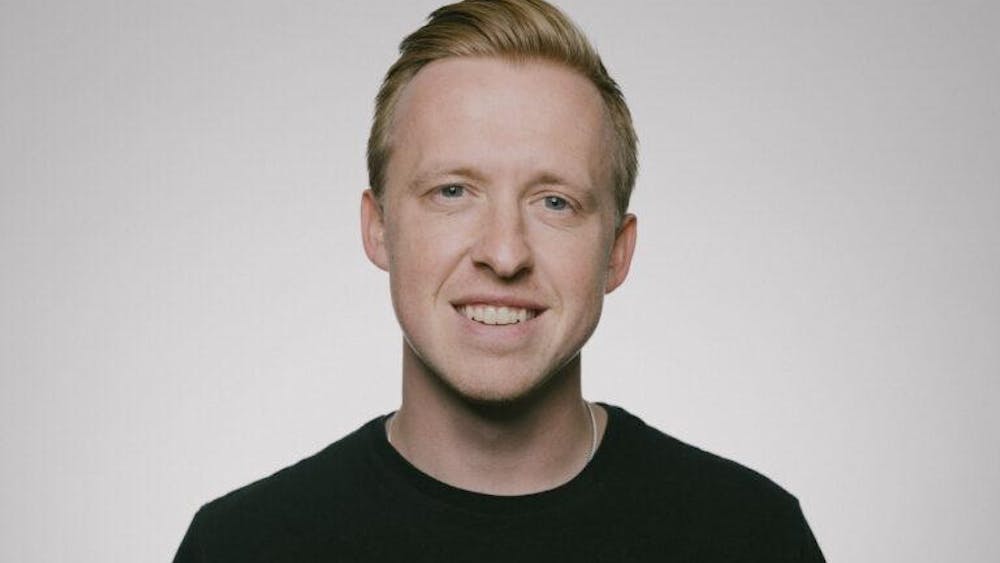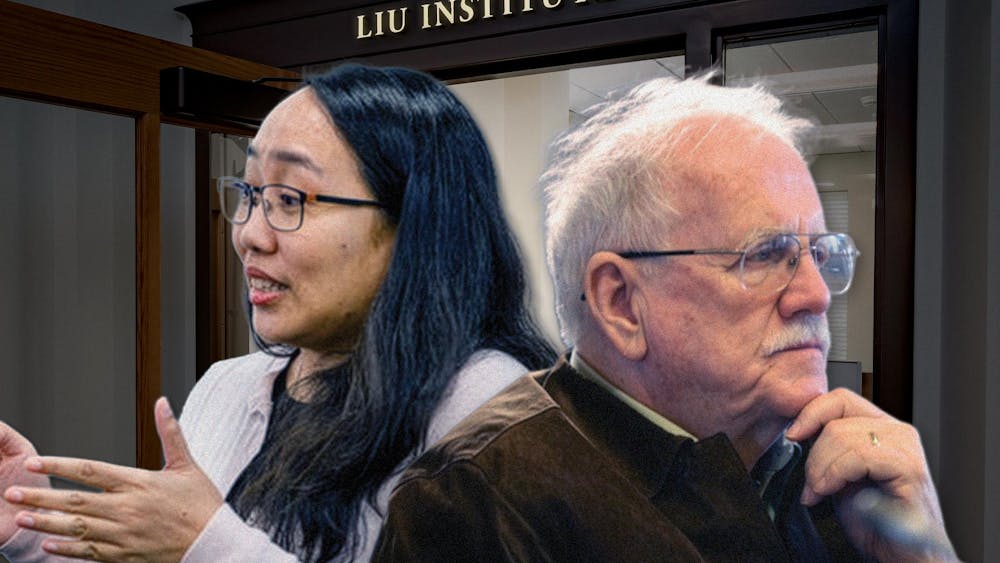Students called for a greater understanding of students with disabilities in a panel organized by new student group Access-ABLE on Thursday in O’Shaughnessy Hall. The group, which works to advocate for individuals’ disabilities, hosted four student speakers.
Each student shared their experience living with disabilities at Notre Dame and offered advice for how to make the University a more welcoming space for disabled students.
Senior Lauren Boutros, who lives with bipolar disorder, said she was surprised to find many of her professors were open to discussing mental illness.
“Each of my [professors] presented information about themselves that they really didn’t have to but really helped me feel more comfortable in my conversing with them,” she said. “ … It was something that meant a lot to me because I was struggling.”
Boutros asked the student body to be open to discussion about disabilities.
“It would be most beneficial to people who have disabilities and who are taking their future in their own hands literally by coming up and advocating for themselves if you set aside all assumptions of what you know about or what you’ve heard about this particular disability.” she said. “Separating yourselves from stereotypes — really important.”
Boutros said she believes greater dialogue about disabilities will help to create a more inclusive environment on campus.
“Having conversations is really important, and it can be casual,” she said.
Freshman Joshua King, who has Stargardt disease, which limits his vision, said those around him should feel free to ask questions about his disability.
“I hate when I get into uncomfortable situations where someone thinks it’d offend me,” he said.
Sophomore Maggie McDonald, who has dyslexia and ADHD, said she wishes Notre Dame’s faculty was better-trained to work with students with disabilities.
“I would just really love to see some form of disability education. I don’t know where that would come from or what that would look like, but it would be nice to not have to define dyslexia or to define ADHD,” she said. “Or, you know, really, to define any mental health or learning disability — because a lot of the time they don’t know what it is.”
King said he recommends professors to reach out to students with disabilities to make sure their accommodations are effective and they’re comfortable in class.
“Just periodically check up on them,” he said.
McDonald said students on mental health medication should take extra precautions in college.
“I think it’s important to know if you’re on any kind of psychiatric medication, drinking is 100% off the table,” she said. “I think for a lot of people who are either diagnosed in college or shortly before who maybe don’t put that together, I think that would be a really good thing for the students to be aware of.”
The many stresses of college life pose a risk to student who struggle with mental illness, Boutros said.
“It’s a place where, if you’ve got a predisposition to something, there are so many factors here that can help it, unfortunately, come out,” she said.
Law student Ethan Heller, who lives with phonetic analysis disorder, said he advises students with disabilities to ensure they advocate for equal treatment post-graduation.
“I think the world of academia is one of the most accepting places on earth,” he said. “But I’ll say, from a professional point of view, when you go out into the workforce, don’t be afraid of whatever you’re going through. There’s a lot of opportunities that are out there specifically for diversity applicants.”
Read More
Trending









